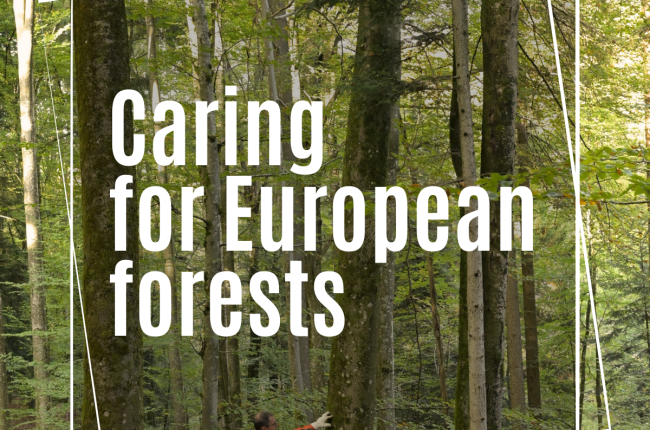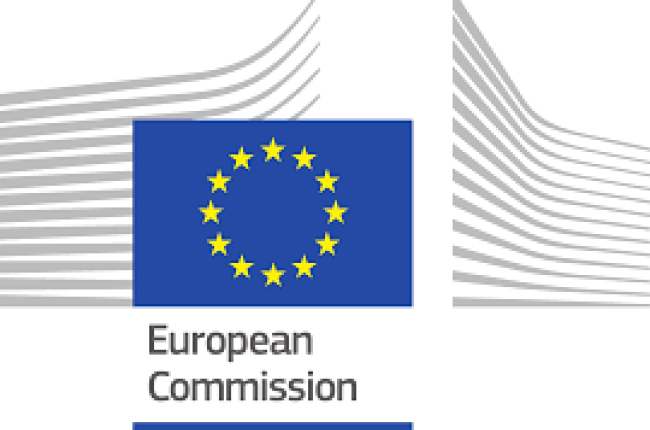The conference was opened by the President of Slovenian Association of Forest Owners, Marjan Hren, followed by video messages from Jože Podgoršek, the Slovenian Minister of Agriculture and Roman Žveglič, the President of the Chamber of Agriculture and Forestry of Slovenia. Forest owner’s important role and cooperation in the fight against climate change and the challenges they face in taking care of their forests were highlighted by all speakers.
CEPF President, Sven Erik Hammar, set the scene presenting basic elements of forest ownership rights. Mr. Hammar stated that the ongoing EU policy developments address forestry in an unbalanced way and create more and more rules related to forestry and forest management. This has led to forest owners questioning the Commission’s lack of recognition of their work and proposed restrictions of forest management which can have consequences on forest ownership rights. The policy developments also go against the global trend that strengthened ownership rights lead to investments and sustainable development, Mr. Hammar presented.
Examples about situation on forest ownership rights and current limitations were presented from Slovenia, Finland, Lithuania, France and Croatia. Differences in the ownership rights are significant especially between North and Eastern Europe. As an example, in Croatia forest management is very regulated and significant restrictions are set for sustainable forest management. Whereas in Finland, forest owners can decide and carry out forest management almost as they wish.

Deeper insight into Slovenian forest management in the context of new EU policies was given by Jože Mori from Slovenia Forest Service. Mr. Mori stated that forest management in Slovenia already implements all three main pillars foreseen for forests by the new green European legislation. Potential impact of the EU forest strategy on property rights and forest management, was presented by Liviu Nichiforel from Romanian University “Stefan cel Mare” Suceava. The trend to a more uniform distribution of regulatory framework envisaged in the EU Forest Strategy does not correspond with the diverse needs and preferences of ownership types which require policy instruments and advisory systems to be diversified and adapted, Mr. Nichiforel stated.
The last speaker of the conference, Marco Onida from DG Environment, European Commission presented on the role of forest owners in the implementation of EU forest-related policies and insisted on the fact that forest owners are mentioned multiple times in the text of the strategy. He indicated that he thinks that the argument that less compression of social function of forests and more individual property rights lead to more sustainability has been contradicted by history and science. In his concluding remarks, Mr. Onida presented that forest owners own the land but they do not own the provisioning services as these are common good. This sparked a debate between the participants and Mr. Onida.
The recording of the conference can be found here.
For more information about the conference, please contact the Slovenian Association of Forest Owners.




